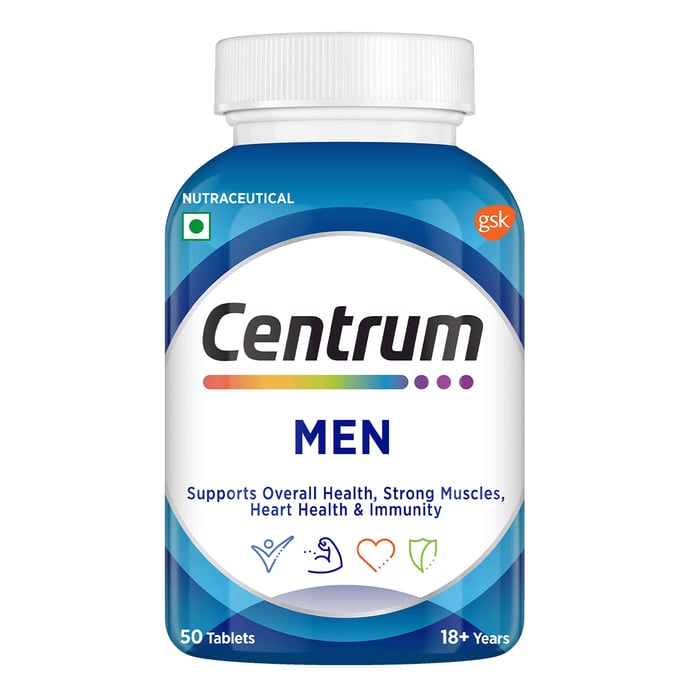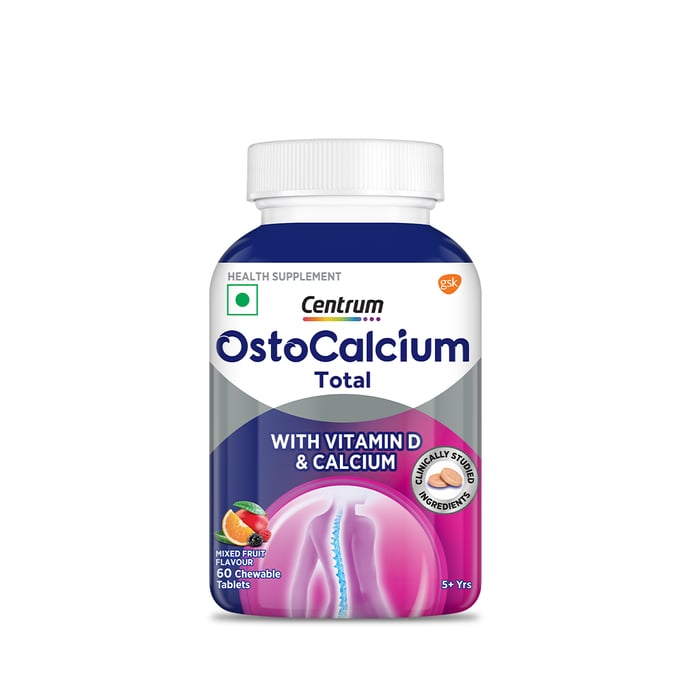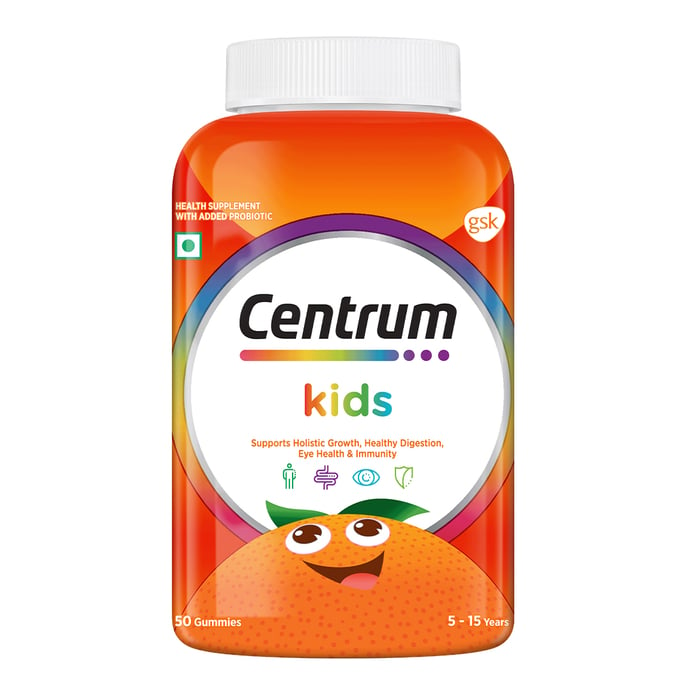
Folic Acid
3 MIN READ | January 1, 2024
The synthetic form of folate, a B vitamin, that’s necessary for cell reproduction and cellular health during pregnancy and periods of rapid growth.
What is Folic Acid?
Folic acid is the synthetic counterpart to folate, a B vitamin that can be found naturally in certain plant foods. Of the two, folic acid is the more readily available—the body absorbs about twice as much folic acid at any given time—but they play the same role in good health.
Cell reproduction is among folate’s most important duties. Folate is necessary for making the nucleic acids DNA and RNA and, as such, folate helps to produce and maintain cells, a role that is critical during times of rapid growth, such as pregnancy and infancy. This also explains why folate/folic acid is so important in maintaining normal brain function.
Why is Folic Acid Important?
Adequate folic acid is necessary during pregnancy to help prevent certain birth defects. The USDA’s 2015 Dietary Guidelines for Americans identifies folic acid as a nutrient needed for women in their childbearing years who are capable of becoming pregnant.
That being said, in everyone, folate helps to produce healthy red blood cells capable of transporting oxygen to each and every cell.
176.47 mcg/day for Men
129.41 mcg/day for Women
Recommended Dietary Allowance
Sources of Folic Acid
- Spinach
- Black-eyed Peas
- Rice
Show References :
1. Folate (Folic Acid) – Vitamin B9. The Nutrition Source, Harvard T.H. Chan School of Public Health.
https://nutritionsource.hsph.harvard.edu/folic-acid/
2. Folate (folic acid). Mayo Clinic.
https://www.mayoclinic.org/drugs-supplements-folate/art-20364625
3. Office of Dietary Supplements - Folate. National Institutes of Health.
Recommended Articles
Frequently Bought Products
Centrum Women 50 Tablets
A mindfully crafted multivitamin for women age 18+
Centrum Men 50 Tablets
Contains 23 essential nutrients that support the active lifestyle of men age 18+
Centrum OstoCalcium Total Chewable 60 Tablets
Daily nutritional chewable tablets that provide RDA of calcium & vitamin D
Centrum Adults Age 50+ (50 Tablets)
Daily Multivitamin to help meet the nutritional needs of adults aged 50+, with 23 essential nutrients
Centrum Kids 50 Gummies
Multivitamin support holistic growth of kids
Centrum Omega-3 Fish Oil 60 Capsules
Fish Oil offers multiple benefits to support your body’s needs









